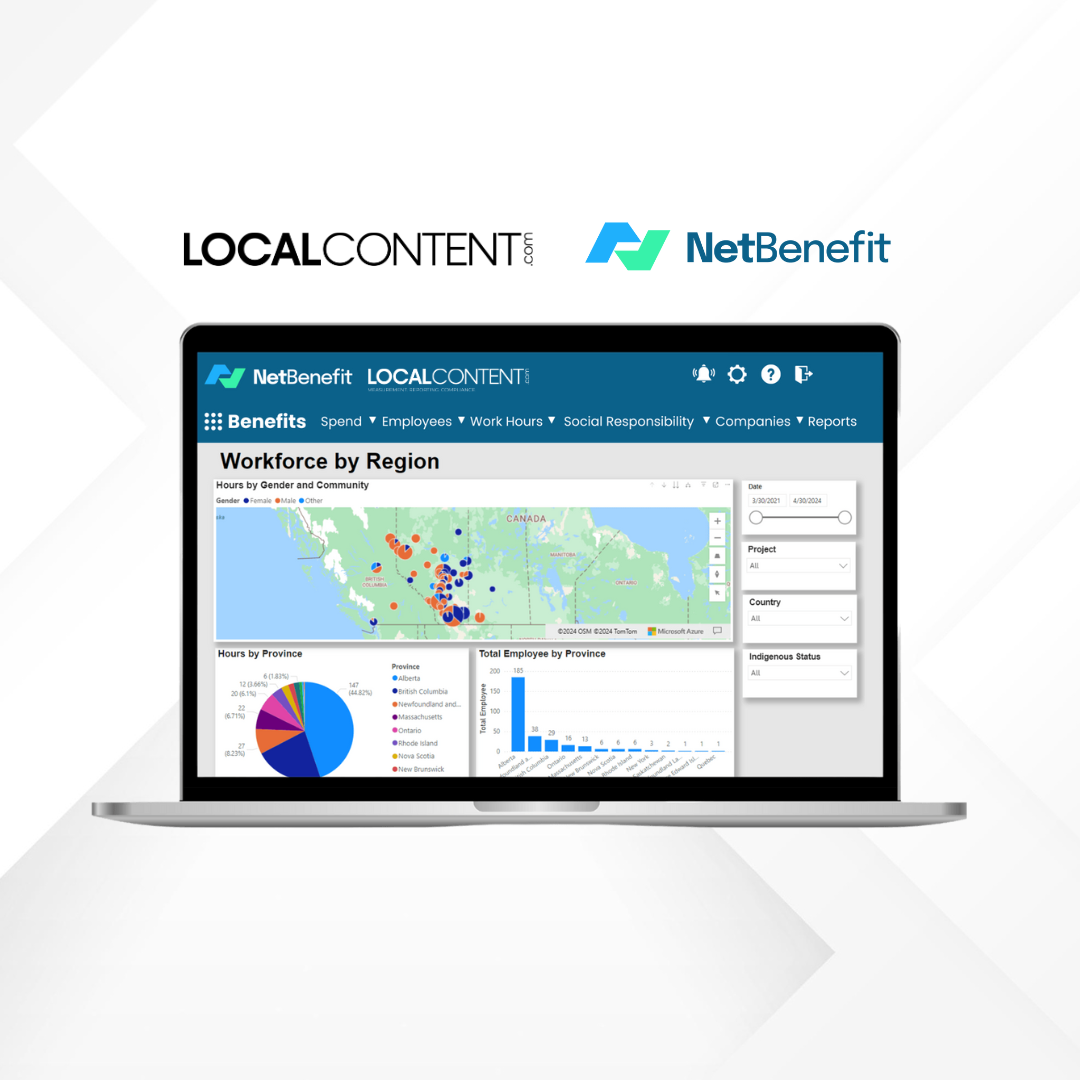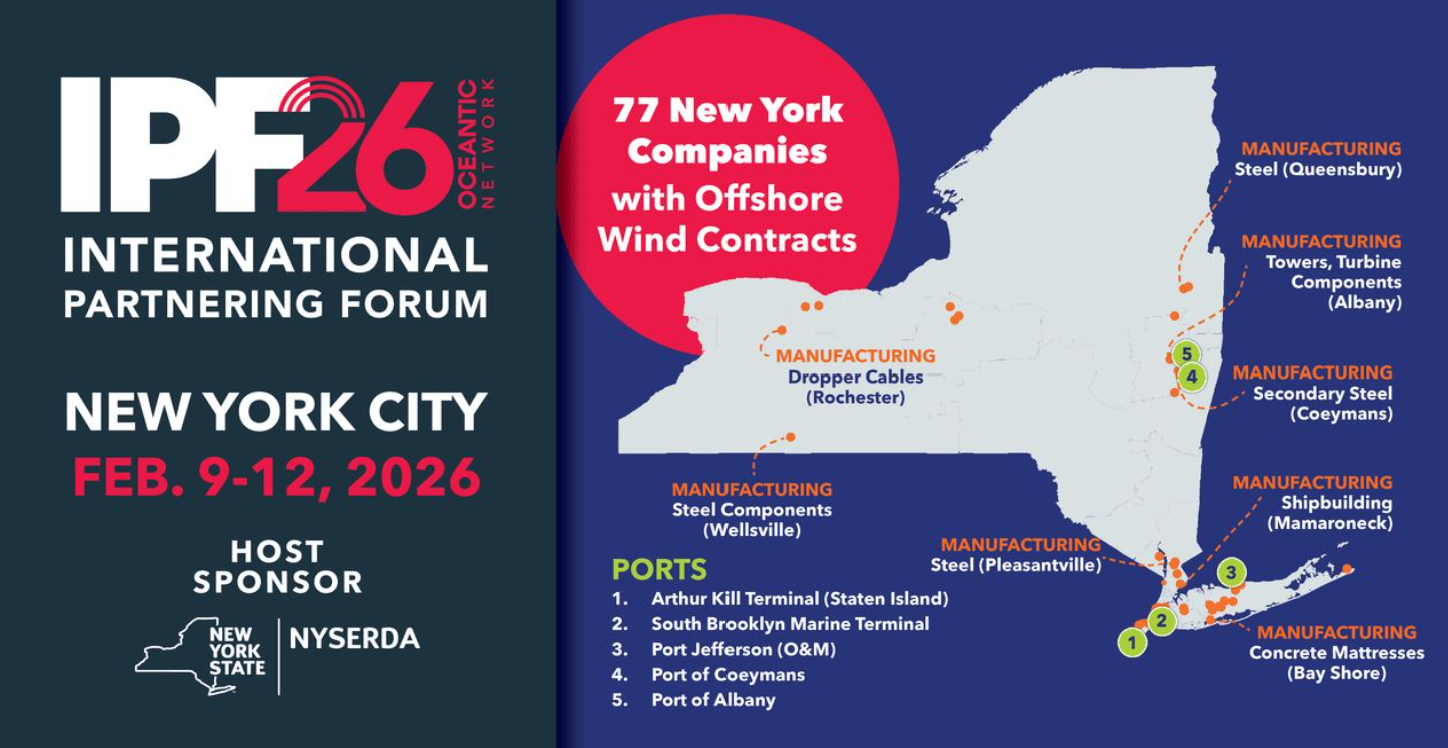Awards announced today include $25 million for Sound Transit’s Graham Street Light Rail Station, $19.5 million for Port of Benton Southern Connection Project, $9.56 million for Skagit Transit Maintenance Facility Renovation, $2 million for City of Lynden Pepin FASST Project
Senator Murray created RAISE grant program in 2009; Washington is a major recipient of funding from competitive grant program year after year
(Washington, D.C. )– U.S. Senators Patty Murray (D-WA), Vice Chair of the Senate Appropriations Committee, and Maria Cantwell (D-WA), Ranking Member of the Senate Committee on Commerce, Science, and Transportation, and U.S. Representatives Rick Larsen (D, WA-02), Ranking Member of the House Transportation and Infrastructure Committee, and Adam Smith (D, WA-09) announced over $56 million in total grant funding for Washington state under the Rebuilding American Infrastructure with Sustainability and Equity (RAISE) program Senator Murray established in 2009.
RAISE grants—which were originally created under the American Recovery and Reinvestment Act as TIGER grants—can be used for a wide variety of infrastructure projects with local or regional impact. The maximum award for RAISE grants is $25 million.
Washington state benefits tremendously from the RAISE grant program Murray established, routinely taking home the most money of any state from the competitive grant program. In the last round of RAISE grants—for Fiscal Year 2024, awarded in June 2024—Washington state was awarded the most grants of any state and received the most in total funding. The RAISE grants awarded today are funded through fiscal year 2025 advance appropriations from the Bipartisan Infrastructure Law. Washington state’s Democratic Congressional delegation helped secure $7.5 billion for the RAISE program in the Bipartisan Infrastructure Law and have advocated strongly for Washington state’s RAISE grant applicants with the Biden administration. Additional Bipartisan Infrastructure Law funding remains available for FY25, and the U.S. Department of Transportation is accepting applications for Round 2 RAISE grant awards until January 30, 2025.
As Chair of the Senate Committee on Commerce, Science, and Transportation, Senator Cantwell worked to authorize the RAISE grant program for the first time ever in the Bipartisan Infrastructure Law, which provided the program with $7.5 billion over five years, a 50 percent increase in annual funding.
The following RAISE grants were awarded to projects in Washington state today:
$25 million for Sound Transit for the Graham Street Light Rail Station Project
“I’m thrilled to be bringing home $25 million—the maximum RAISE grant award—to support construction of the Graham Street Light Rail Station and open up new, convenient transit options for residents and commuters in Rainier Valley,” said Senator Murray. “This is exactly the kind of project I had in mind when I created the RAISE grant program to invest in commonsense local infrastructure improvements that help more people get where they need to go more easily while strengthening local economies.”
“This award brings light rail closer for Rainier Valley residents who don’t have convenient access because they live between the Othello and Columbia City Link stations,” said Senator Cantwell. “Sound Transit now has critical funds to build the new Graham Street station in this 1.6-mile gap. The new station will make it a much more manageable walk or ride to catch Link.”
“This new funding for the Graham Street Station in the Rainier Valley will improve the growing Hillman City neighborhood’s access to light rail,” said Rep. Smith. “Reliable, convenient transit options can transform economic opportunities for families and better connect neighborhoods to other communities close by.”
This funding will be used to help construct the Graham Street light rail station—a new, street-level light rail station on the existing 1 Line of the Link light rail network on Martin Luther King Jr Way South, near South Graham Street. The new station will be located between the Columbia City and Othello stations—bridging the 1.6-mile gap between the popular stations—and will increase light rail access in the Rainier Valley and serve the growing Hillman City neighborhood. The project also includes landscaping, drainage, utilities, streetlights, pedestrian and bicycle safety improvements, and bus stop improvements to support navigation to and from the station.
$19.5 million for Skagit Transit’s Maintenance, Operations, and Administration (MOA) Facility Renovation
“Skagit Transit plays such an important role in connecting people all across Skagit County and getting them where they need to go—but their current maintenance and operations facility can no longer meet the needs of this growing region and the transit services that have expanded alongside it,” said Senator Murray. “I’m thrilled that this $19.5 million RAISE grant will allow Skagit Transit to move forward with its project to replace the current MOA building with a new, expanded facility—and importantly, improve the services Skagit Transit is able to provide to residents throughout the region.”
“As Skagit Transit continues to modernize its fleet, it needs to update its maintenance space. This funding will support construction of maintenance bays, body shops, and a parts warehouse at their new home base,” said Senator Cantwell.
“In Skagit County, you cannot have a big-league economy with little league infrastructure,” said Rep. Larsen. “Thanks to the hard work of Crystle Stidham, local leaders and members of the Skagit Transit Board of Directors, Skagit Transit has the funding it needs to continue building a better maintenance, operations and administration facility in Burlington and deliver on its goal of meeting the region’s existing and future transportation needs.”
This funding will help Skagit Transit replace its Maintenance, Operations, and Administration (MOA) Facility. Skagit Transit provides transportation services for communities across Skagit County, which has grown nearly 25 percent over the last 20 years. The agency is currently operating out of a twenty-year-old facility that is unequipped to meet the needs of the rapidly growing region. Since that facility was built, Skagit Transit has increased services to include local fixed route bus service, paratransit, commuter bus, Americans with Disabilities Act (ADA) paratransit, and vanpool services. These new service options require both an increase in personnel and space. Additionally, the current MOA facility is located within a 100-year flood plain, creating potential challenges for the agency’s ability to help with an evacuation in the event of a major flood event.
The $19.5 million RAISE grant awarded to Skagit Transit will advance the Maintenance Operations and Administration Facility Project by funding improvements including: the complete buildout of transit staff offices, conference rooms, breakrooms, inventory and file storage, light and heavy-duty vehicle maintenance bays, workshops for vehicle body repair, and a parts warehouse—as well as site improvements including new landscaping, fencing, parking layout, and zero emissions charging infrastructure. The new facility will also include infrastructure to support emergency services personnel and equipment in the event of a natural disaster or other emergency, and features to reduce energy consumption, including an on-site propane fueling station and capacity for future use of electric vehicles as the agency transitions their fleet.
$9.56 million for the Port of Benton’s Southern Connection Rail Line Rehabilitation Project
“The Southern Connection Rail Line is in desperate need of repair, with thousands of railroad ties near failure and at-grade crossings at the end of their useful life,” said Senator Murray. “That’s why I’m so excited to see this award from the RAISE grant program I established go out the door to the Port of Benton, funding major improvements that will make the Southern Connection Line safer and more reliable, reduce wait times, and create new clean energy jobs in Washington state.”
“Every year, 1.3 million tons of freight travel along the Port of Benton’s 16-mile Southern Connection Rail Line. After the Port makes long overdue repairs funded by this grant, more railcars will be able to travel along the line, making it a central location for shippers in the Pacific Northwest and beyond. The modernized line promises to create new jobs in the Tri-Cities and get more trucks off the highway, too,” said Senator Cantwell.
This funding will enable the Port of Benton to make major repairs to the Southern Connection Rail Line—including replacing end-of-life railroad crossings over busy roadways to enable the growth of the Horn Rapids Industrial Park. The Port of Benton’s rail line links freight-dependent businesses and the regional rail network. The majority of the railroad ties currently in place are near or at failure, and up to 12,000 ties are in need of replacement. Additionally, the entire Wye track, which is the heart of the rail operations on the Port track, has failed ties, rail, and switches that need to be replaced in the immediate future to keep the industrial track in safe use. In 2022, the Port experienced the derailment of a Unit Train on the Wye track due to the dilapidated infrastructure.
Overall, this project will replace at-grade crossing panels and signal equipment, repair ties and rail tracks through two at-grade crossings, correct and repair track bonding, repair asphalt approaches, and replace of out-of-date signal components. The project will also replace up to 9,000 ties, replace the entire Wye track’s ties, rail, and switches. Electronic components in the Jadwin and Battelle crossings will be replaced as well.
The Southern Connection Project is estimated to create a $2.5 billion economic impact and more than 450 clean energy jobs in Washington state. The Horn Rapids Industrial Park currently supports over 700 jobs, with growth set to double due to industrial site availability near the rail. The Southern Connection project will significantly reduce wait times for motorists and increase travel reliability, especially in the City of Richland, where the short line spans into and hosts many railroad crossings, as track improvement and increased safety assurance will allow the Port to increase train speeds.
$2 million for the City of Lynden’s Pepin Creek Flood, Agriculture, Salmon, and Safety Transportation (FASST) Design Project
“This RAISE grant will help the City of Lynden complete important planning efforts for its Pepin FASST project to relocate Pepin Creek and reduce flooding, protect agricultural land and salmon habitats, and make it easier for vehicles and pedestrians to get around,” said Senator Murray. “This is such a critical project for residents on Lynden, nearby farmers, and endangered salmon—so I’m really glad to have helped secure $2 million in federal funding to move it forward.”
“With this funding the City of Lynden can finalize planning to redirect flood-prone Pepin Creek. The city’s plan would protect homes and farms, build new paths for bikes and pedestrians, and provide better habitat for fish—including endangered steelhead salmon,” said Senator Cantwell.
“Every day is infrastructure day in Lynden and Whatcom County! Thanks to the hard work of Mayor Korthuis and the Lynden City Council, Lynden has the funding it needs to move a step closer to rerouting Pepin Creek—a critical project that reduces the impacts of flooding and pollution on residents and businesses, improves road safety for all users, and protects salmon and other endangered fish,” said Rep. Larsen.
The City of Lynden’s Pepin Flood, Agriculture, Safety, Salmon, and Transportation (FASST) Project will relocate Pepin Creek within City limits and provide open water zone separation for vehicles and pedestrians, widen relevant roadways to accommodate transit vehicles, and ensure emergency vehicle access to a new county hospital. Specifically, this $2 million RAISE grant will be used to complete the planning effort for multifaceted issues including extreme flooding, agriculture freight access, wildlife passage, and complete streets improvements.
Currently, roadways and agricultural land adjacent to Pepin Creek are inundated during flooding events, resulting in road closures, property impacts, and safety issues. The area’s 18-foot-wide roadways are inadequate to bear the commercial trucks and heavy agricultural equipment that traverse them, and in 2022, flooding delayed the planting of vital agricultural commodities by several months. The Pepin FASST Project will add street lighting, bicycle travel facilities, ADA-compliant pedestrian sidewalks, and a safe and efficient alternative to highways SR-539 and SR-546, which are frequently impacted by heavy flooding. Beyond its safety improvements, the Pepin FASST project will help mitigate the impacts of climate change and protect local salmon habitats by diverting the Pepin Creek channel away from the roadside ditches and replacing 21 deficient and failing culverts with fish-passable bridges. This project will support the city’s growth by providing Lynden’s residents with additional and more useful commuting options to nearby employers and improving walkability by adding sidewalks and signals. More information on the project is HERE.










